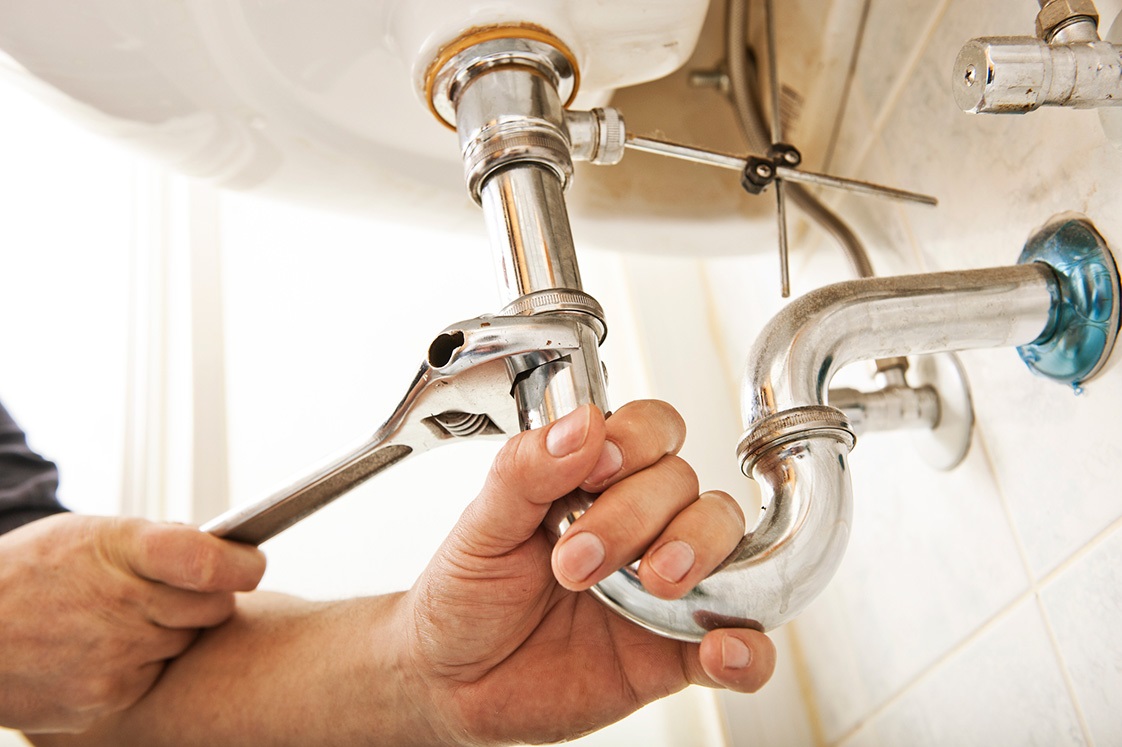As the temperature starts to drop during winter, one of the most common plumbing issues that homeowners face is frozen pipes. Not only can this be a major inconvenience, but it can also lead to costly repairs and even potential water damage. That’s why it’s important to take preventive measures before the colder months arrive. In this article, we’ll discuss some tips from professional plumbers on how to prevent frozen pipes during winter.
Insulate Your Pipes
Insulation is key when it comes to preventing frozen pipes. The most vulnerable pipes are those located in unheated areas such as crawl spaces, basements, and attics. These pipes are more susceptible to freezing because they are not exposed to the warmth of your home. Moreover, a skilled plumber in Decatur can install proper insulation, which can help keep these pipes warm and prevent them from freezing. You can use pipe sleeves or heat tape to insulate your pipes and ensure that they stay above-freezing temperatures.
Let Your Faucets Drip
Allowing a small amount of water to continuously flow through your faucets during colder nights can also help prevent frozen pipes. Moving water is less likely to freeze, so even a small drip can make a big difference. This works best for faucets that are located along exterior walls, as they tend to be more exposed to colder temperatures.
Keep Your Home Warm
Another way to prevent frozen pipes is by maintaining a warm temperature inside your home. If you’re planning on going away for an extended period during winter, it’s important to keep your thermostat set at a reasonable temperature. This will help ensure that the pipes inside your home stay warm and do not freeze.
Seal Any Cracks or Openings
Cold air can easily seep into your home through small cracks and openings, causing the temperature to drop and potentially freezing your pipes. To prevent this, make sure to seal any cracks or openings in your walls and foundation. You can use caulk or weatherstripping to seal these areas and keep the cold air out.
Disconnect Outdoor Hoses
Before the first freeze hits, it’s important to disconnect all outdoor hoses and drain any remaining water from them. If left connected, water can freeze inside the hose and eventually lead to a frozen pipe inside your home. It’s best to store your hoses indoors during winter.
Consider Adding Heat Tape
If you live in an area with extremely cold temperatures, adding heat tape to your pipes can provide an extra layer of protection. This electrical heating element can be wrapped around your pipes and help keep them warm even in the coldest temperatures.
Know How to Shut Off Your Water
In case of an emergency, it’s important to know how to shut off your water supply. If a pipe does freeze and burst, turning off the main water valve can help prevent further damage until a plumber can come and fix the issue. Make sure everyone in your household knows where the main water valve is located and how to turn it off.
Conclusion
Taking preventive measures before winter arrives can help you avoid the inconvenience and potential damage of frozen pipes. You can also read this blog to learn about some plumbing maintenance checklists that can help you keep your system in top shape and reduce the risk of frozen pipes even further. However, if you do encounter a frozen pipe, it’s best to call a professional plumber for assistance. So, make sure to follow these tips and keep your pipes warm and running smoothly during the colder months.





